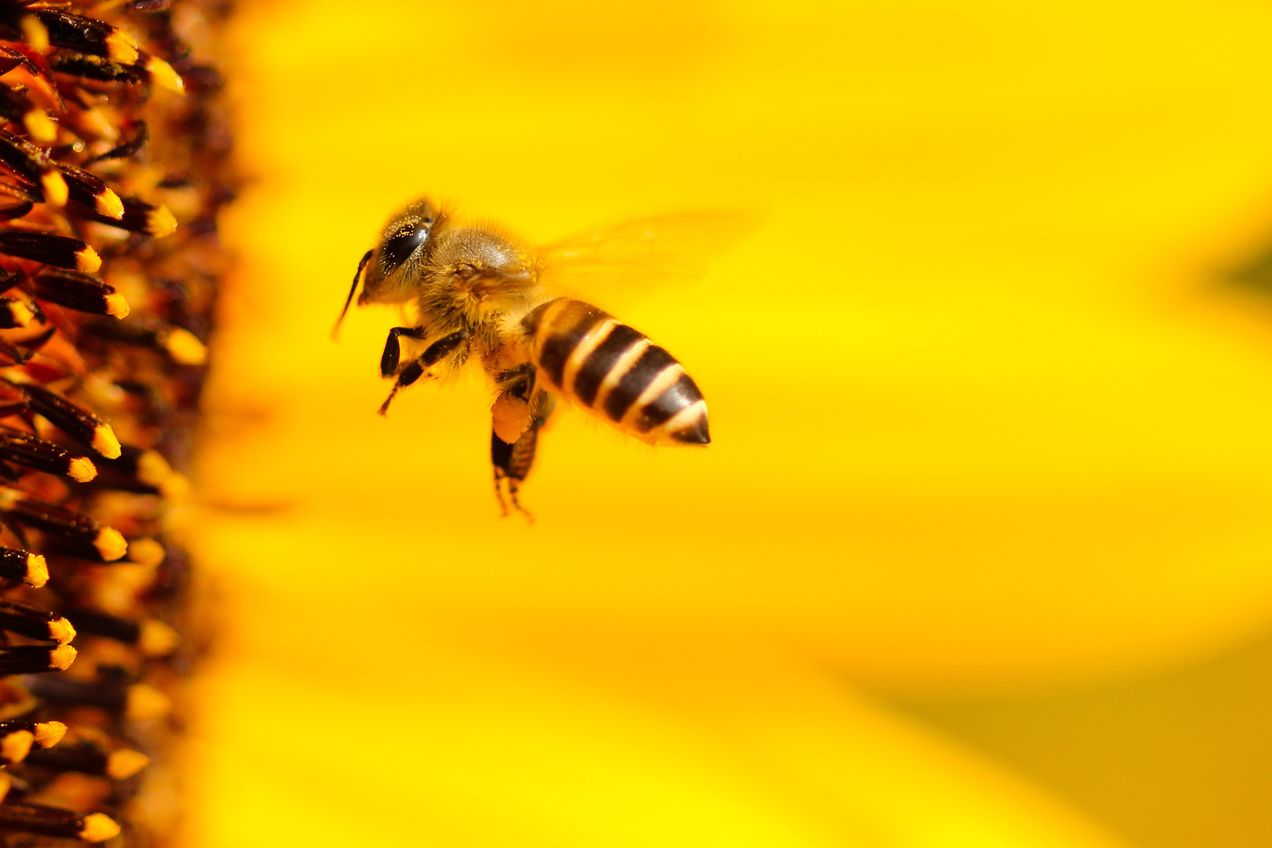archiTECHture
The built environment is an important decarbonisation (and efficiency) problem. Tech innovations can help.
The bees' needs
The demise of wild bee populations through temperature changes, land-use and biodiversity loss are putting added strain on commercialised honeybee populations and impacting pollination and ultimately food crop yields.
Language, Timothy!
Our choice of language can have important implications for how we think, react and problem solve. This crosses all disciplines from science, sociology, law, and pointedly, sustainability.
Hospitals and sustainability
Hospitals and healthcare facilities help sustain human life. But at what cost to the environment?
No butts as tobacco companies clean up in Spain
Single-use items are tolerated less and less. Managing their waste is increasingly becoming part of the rules - cigarettes included.
Energy efficiency is the first step
The cheapest and greenest energy is the energy we don't use. Calls for a national 'war effort' on energy efficiency.
Climate risk data sought from US Insurers
The US Treasury is proposing requiring insurers to provide underwriting data, broken down by zip code, to help them understand risks of major disruptions in insurance coverage in different areas of the country driven by climate change.
The precipice of a raging food catastrophe
Persistent drought in the horn of Africa has depleted pasture used for grazing livestock - a source of income and nourishment.
Finding hidden pollution on the tube.
Pollution on the London Underground may be more harmful than previously thought, but the solution may be pure magnetism.
AMR - Spoiling the party with physics and material science
Antimicrobial Resistance (AMR) is a macro threat to the sustainability of the human race and other species. Bringing together different solutions we should be able to continue to enjoy the benefits of our microbe partners whilst avoiding their darker side.
PM2.5 linked to heart attacks
Air pollution increasing the incidence of cardiac arrests, even if that exposure is short-term.
AMR, climate change and biodiversity loss
Sustainability themes are rarely mutually exclusive. Three big ones are inextricably linked.












